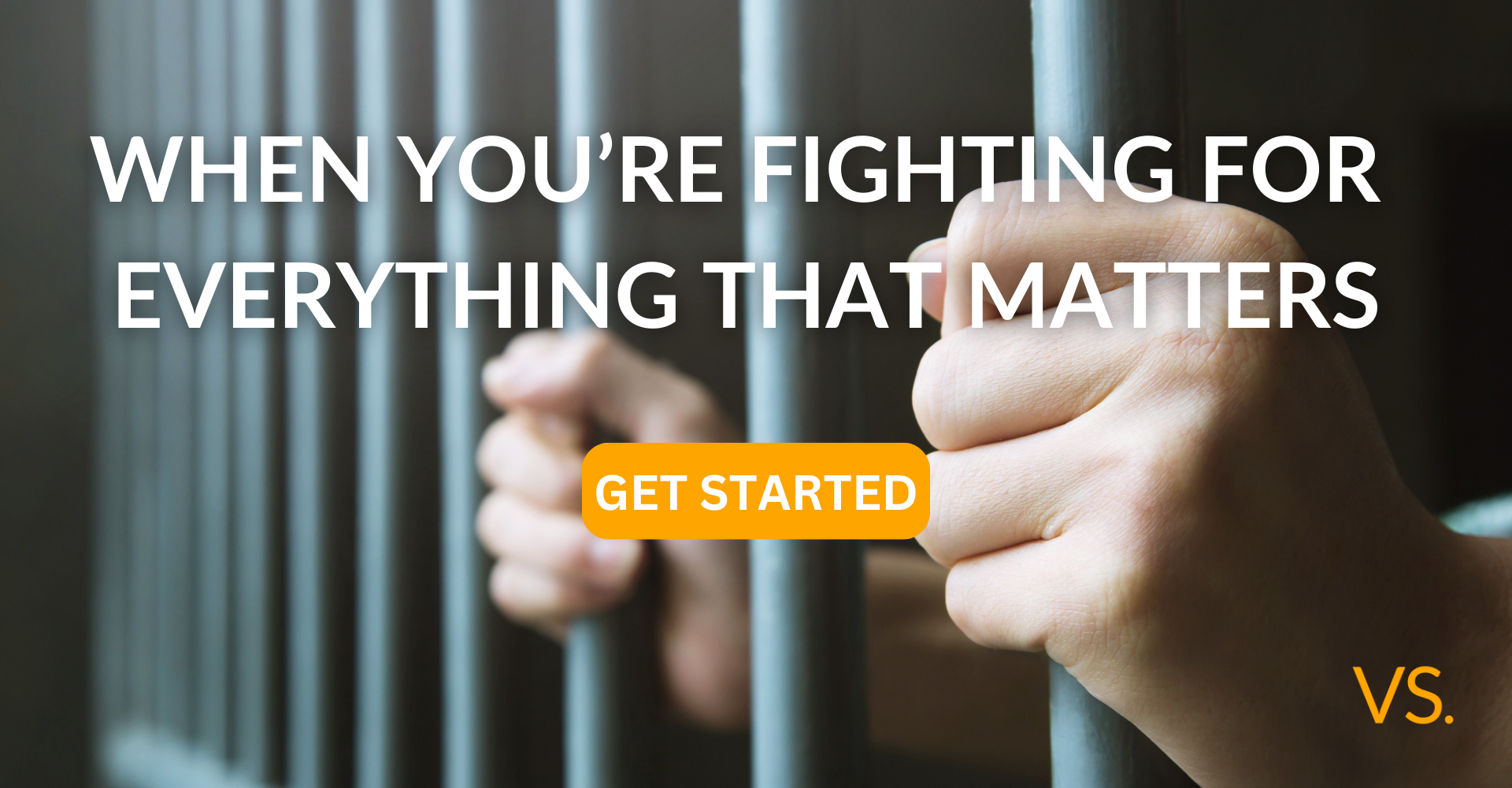Protective Orders In Texas
A protective order is a civil remedy to protect one from abuse or harm. Although these are civil in nature, they often carry criminal consequences if they are violated. If you find yourself the subject of a protective order in Texas, it is imperative to know who and what is under protection. It is very easy to violate a protective order even with the best intentions. If you are accused of violating a protective order in Collin County, it’s important to contact a defense attorney who has the skill and experience in handling these types of cases.
What are the types of protective orders in Texas?
A protective order in Texas is a court order issued to prevent continuing acts of family violence, human trafficking, or stalking. There are three types of protective orders in Texas: temporary ex parte orders, permanent protective orders, and emergency protective orders.
- Temporary Ex Parte Orders – A judge must find there is a clear and present danger of family violence to the applicant or a family member. These are usually in effect for up to 20 days and may be extended for another 20 days upon request. You generally need a family lawyer to fight these.
- Permanent Protective Orders – generally lasts for up to two years, but the judge may issue an order for longer than two years if:
- The abuser caused serious bodily injury to the applicant or their family or household; or
- The same applicant has had two or more protective orders issued against the same abuser in the past and in both cases the judge found the abuser committed family violence and was likely to commit family violence in the future. Tex. Fam. Code § 85.025(a-1). You generally need a family lawyer to fight these.
- Emergency Protective Orders (EPO) – An EPO is issued by a criminal judge or magistrate after someone has been arrested for committing family violence, sexual assault, or stalking. These generally are in effect for 31 to 61 days. However, an EPO may be extended to 91 days if the abuser was arrested for assault with a deadly weapon. Emergency protective orders generally come from a city magistrate. City magistrates generally only have criminal jurisdiction over Class C citations, so by comparison an Emergency Protective Order is one of the most serious matters that will come across a magistrate’s desk. More often than not, magistrates at the city level are unwilling to modify or remove an Emergency Protective Order – even if the alleged victim asks for it to be removed. Fortunately, compared to bond conditions, these emergency protective orders last a relatively short time. An experienced criminal lawyer can advise you on how to best deal with an emergency protective order, particularly in light of any criminal filing in a higher court.
An EPO does not have to be requested by the alleged victim. Law enforcement can request an EPO on the victim’s behalf even without the victim’s request or consent. A magistrate on the court’s own motion can issue an EPO.
An EPO is mandatory if someone has been arrested for an offense involving serious bodily injury or a deadly weapon was used or exhibited during the offense.
What does an EPO prohibit in Texas?
An EPO can prohibit someone from:
- committing family violence, sexual assault, aggravated sexual assault or stalking.
- Communicating directly with the alleged victim or with the alleged victim’s family or household in a threatening or harassing manner
- Going within a certain distance of the alleged victim’s (or member of the victim’s family’s):
- Residence
- Place of employment
- Daycare or school
- Possessing a firearm
- Harming, threatening, or interfering with the care/custody/or control of a pet
If good cause is shown, a judge can prohibit any communication with the alleged victim, regardless if it is threatening or harassing. It is important to remember that the victim is not prohibited from anything. This means that the alleged victim can contact the person who is under the EPO or invite them back to the house. If the accused person follows through or responds, this can be a violation of the EPO and a criminal charge could be brought against them.
What if there is an EPO against me?
It is important to read the EPO to understand what is prohibited and for how long. For instance, does the EPO prohibit all communication or only threatening/harassing communication? Where are you prohibited from going? It is imperative to contact an attorney to understand your rights regarding the EPO. At Varghese Summersett, we have handled thousands of cases involving protective orders both as prosecutors and as defense attorneys. We understand the legal minefield that is created by a protective order and can defend you against further damage.
What happens if I violate a protective order in Texas?
Violating a protective order in Texas can be easier than you think and can often be unintentional. If you are accused of violating a protective order, you can be arrested and charged with an additional criminal offense.
- If you are found to have violated a term of the protective order, you could be charged with a Class A misdemeanor and face up to a year in jail and up to a $4000 fine.
- You could be charged with a 3rd degree felony if you have previously been convicted 2 or more times of violating a protective order. If you have violated the protective order by committing assault or by stalking, you could also be charged with a 3rd degree felony. This increases the range of punishment to up to 10 years in prison and up to a $10,000 fine.
- If you are found to have violated the protective order 2 or more times within a 12 month period, you could face up to 10 years in prison and up to a $10,000 fine.
- Additionally, you can be denied bail if you violate a PO. If you are on bond for a family violence offense and you violate a bond condition, you can be held without bond until trial. If you violate a protective order by going to or near a protected place, you can also be held without bond. T.C.C.P. § 17.152
Can I get an EPO lifted?
Judges are very hesitant to lift a protective order in Texas even at the request of the victim, however they might agree to modify. It is important to remember that a protective order is separate and distinct from bond conditions. So where a protective order only prohibits threatening or harassing contact, a condition of bond could still prohibit any and all contact with the alleged victim. If you are facing a PO or have been accused of violating a PO, give us a call today to help you navigate these treacherous waters. The attorneys at Varghese Summersett have the experience and skill you need to help you find solid ground.


